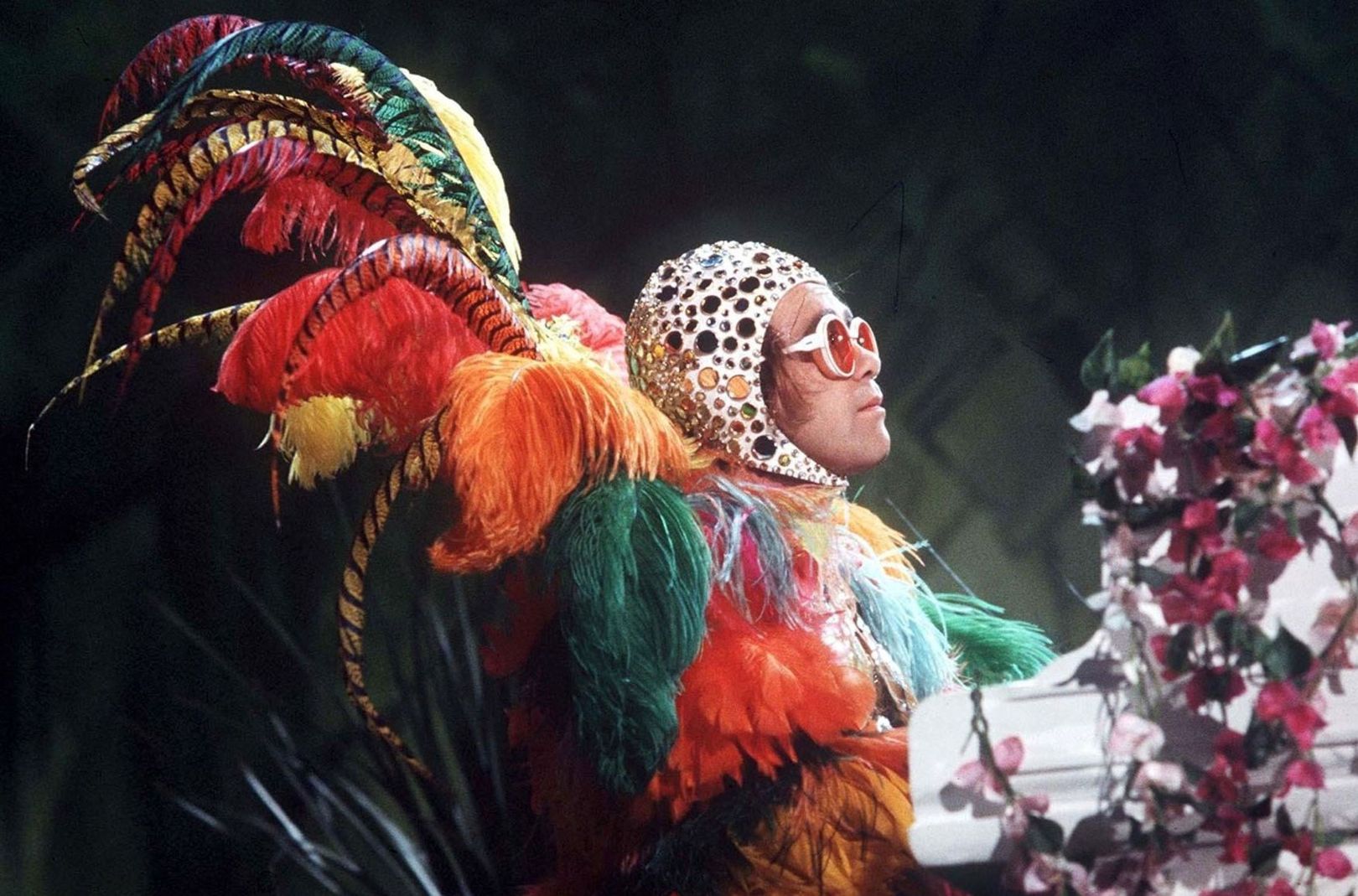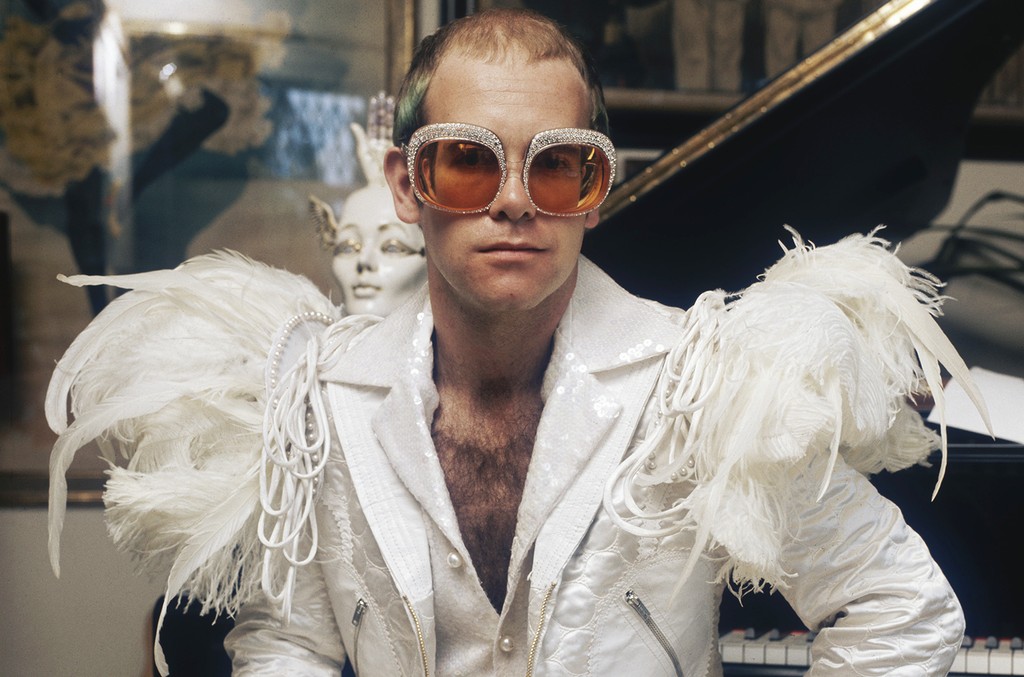In the course of our project of criticizing rock critics that hold tight to traditional rock ideals at the expense of understanding new and different musical styles, we do not want to lose the voices of contemporary critics that got it right. This section will be dedicated to analyzing some of their work.
The first piece that we’ll be looking at is a review of Goodbye Yellow Brick Road written by Wayne Robins of Creem in January 1974. Robins does not write off John’s desire and ability to sing in different voices and from different perspectives and chooses instead to evaluate these as musically and artistically valuable. Robins says “What’s best about this album is that through the variety of these four sides, Elton John doesn’t always sound like Elton John. He’s finally become uninhibited enough to engage in total tongue adaptation.” Robins does not find himself stuck in a traditional rock mentality, his willingness to be pliable in his musical enhances his work.
The next piece is a review of Captain Fantastic and the Brown Dirt Cowboy written by Greg Shaw for Phonograph Record in June 1975. Shaw remarks that John’s music “has set no stylistic trends, spawned no imitators, and not even one novelty record (Elvis had some fifty of these odd tributes; the Beatles over 200).” This sentence comes not as a criticism but more as a remark on what makes John unique. John, as the most famous glam rocker to this point, had a different effect on the public than the Beatles and Elvis Presley did. Because part of glam rock is donning different personas and using vocal shifts, John did not inspire imitators in the way that the less mutable Beatles and Presley did.
Below, are some of Elton John’s more iconic outfits. It wasn’t only his music that fell under the Glam Rock, but also his extravagant outfits. Elton John is a performer not only because of his voice but also from his creative fashion sense and style.


